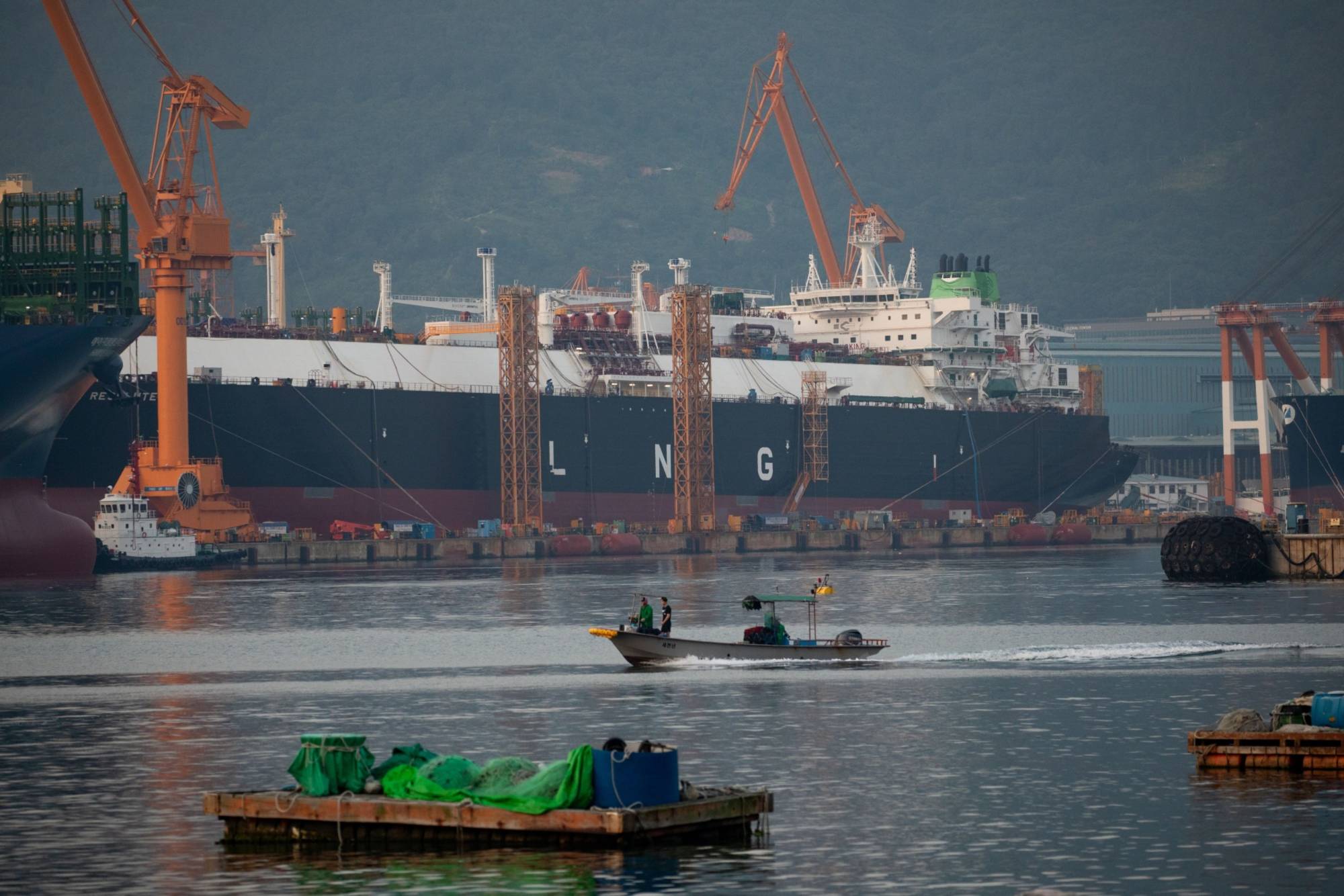As regulators from the European Union to Australia ramp up measures against corporate greenwashing, South Korea has broken ground as the first country in Asia to seek to hand out fines for false environmental claims in advertising.
Under a draft law, a financial penalty of 3 million won ($2,270) will be handed out to companies by South Korea’s Ministry of Environment that are deemed to have misled the public about their environmental impacts and green credentials. The law falls under a series of proposed environmental reforms to be made this year.
Jihyeon Ha, head of legal at Seoul-based nonprofit Solutions for Our Climate, said the draft law should “signal to companies that they should be shifting their business practices to truly decarbonize, rather than putting their efforts into greenwashing marketing.”

















With your current subscription plan you can comment on stories. However, before writing your first comment, please create a display name in the Profile section of your subscriber account page.